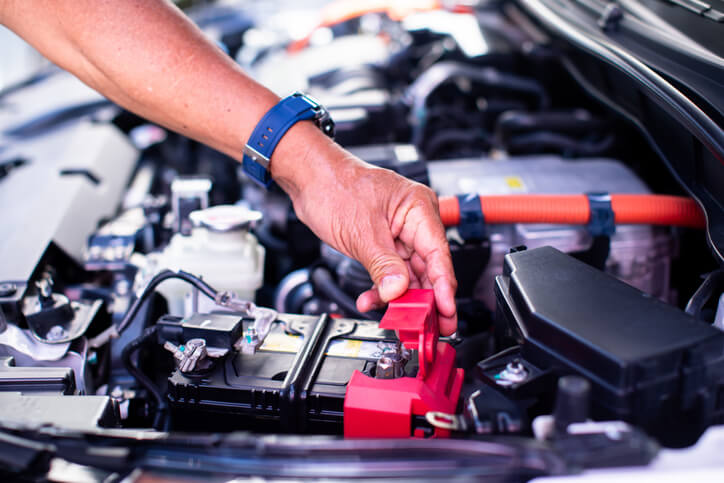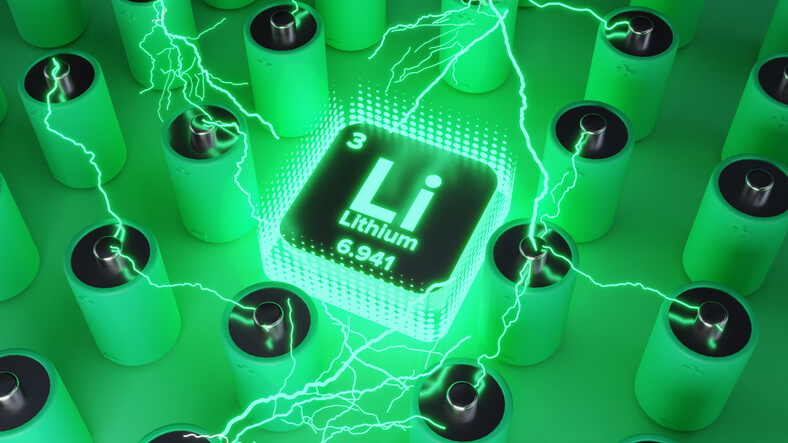EV Battery Recycling and Second-Life: The New Frontier for Auto Technicians
Electric vehicles (EVs) are rolling into garages in greater numbers every year, creating new opportunities for today’s electric vehicle mechanic. But one big question remains: what happens to the massive batteries powering these cars once they no longer hold a strong charge? The answer lies in EV battery recycling and second-life applications. From salvaging valuable materials to repurposing old batteries for new uses, these trends are reshaping the automotive industry and the role of modern technicians.
EV Battery Recycling: Why It Matters (and What’s Changing)
EV batteries don’t simply “die” when their range drops. Instead, they move through life stages. Once a battery’s capacity falls below 70–80% of its original charge, it’s usually replaced in the car. That’s when recycling begins. This process safely recovers valuable materials like lithium, cobalt, nickel, and graphite.
Still, recycling at scale brings challenges. In Canada, there’s no nationwide mandate for EV battery recycling, leading to a patchwork of provincial approaches. British Columbia initially announced plans for an EV battery recycling program by 2026, though these plans are currently paused, illustrating the evolving policy landscape.
Despite these hurdles, momentum is growing. Analysts predict the global recycling and reuse market will grow from $8 billion in 2024 to over $28 billion by 2031. For electric vehicle mechanic technicians, that means working with specialized recycling programs and ensuring safe, sustainable battery disposal, a skillset in growing demand.

Second-Life Batteries: Giving EV Batteries a New Job
Not every used battery goes straight to recycling. Many can enjoy a “second life” in less demanding roles. Once removed from vehicles at around 70–80% of their original capacity, batteries can still function well for stationary storage until they fall closer to 15–20% capacity, at which point recycling becomes the next step. Repurposed EV batteries are already being used in:
- Home and commercial energy storage: Capturing power from solar panels and supplying backup energy.
- Grid stabilization: Balancing supply and demand by storing excess energy for later use.
- Low-speed and backup power: Powering e-bikes, forklifts, or even data centres.
By 2030, analysts estimate used EV batteries could supply over 200 gigawatt-hours of storage capacity per year, representing a global market opportunity valued at more than $30 billion. For technicians, the ability to test batteries, refurbish weak modules, and prepare systems for second-life use adds exciting opportunities to their careers.
Becoming an Electric Vehicle Mechanic
These trends are redefining the role of automotive technicians. No longer focused only on engines and brakes, today’s mechanic is becoming central to the battery lifecycle. Success in this field requires a broader range of skills, from diagnosing high-voltage systems to safely removing, testing, and repairing battery packs.
Specialized training is key. Programs that incorporate hybrid technology training provide students with the foundation to handle advanced diagnostics, battery safety procedures, and sustainable disposal practices. For many, this training provides both technical expertise and the satisfaction of contributing to eco-friendly initiatives.
The job market is expanding. Recycling plants, battery refurbishing facilities, and second-life storage companies all need workers with the right skill set. For ambitious students, it’s a chance to enter a high-growth sector with long-term career security.

Embracing the Future with the Right Training
For anyone considering a career in auto technology, EV battery recycling and second-life applications highlight where the industry is headed. Tomorrow’s auto shops will need technicians skilled in both traditional repairs and advanced EV systems.
By enrolling in programs like ATC Surrey’s hybrid and electrical mechanic training, you’ll gain hands-on experience with EVs and high-voltage systems. This training equips you to diagnose, repair, and manage batteries, while preparing you for emerging opportunities.
Are you ready to charge up your skills and step into the future of auto mechanics? Contact ATC Surrey today to learn how hybrid and electrical mechanic training can prepare you to become a leader in the EV industry.


